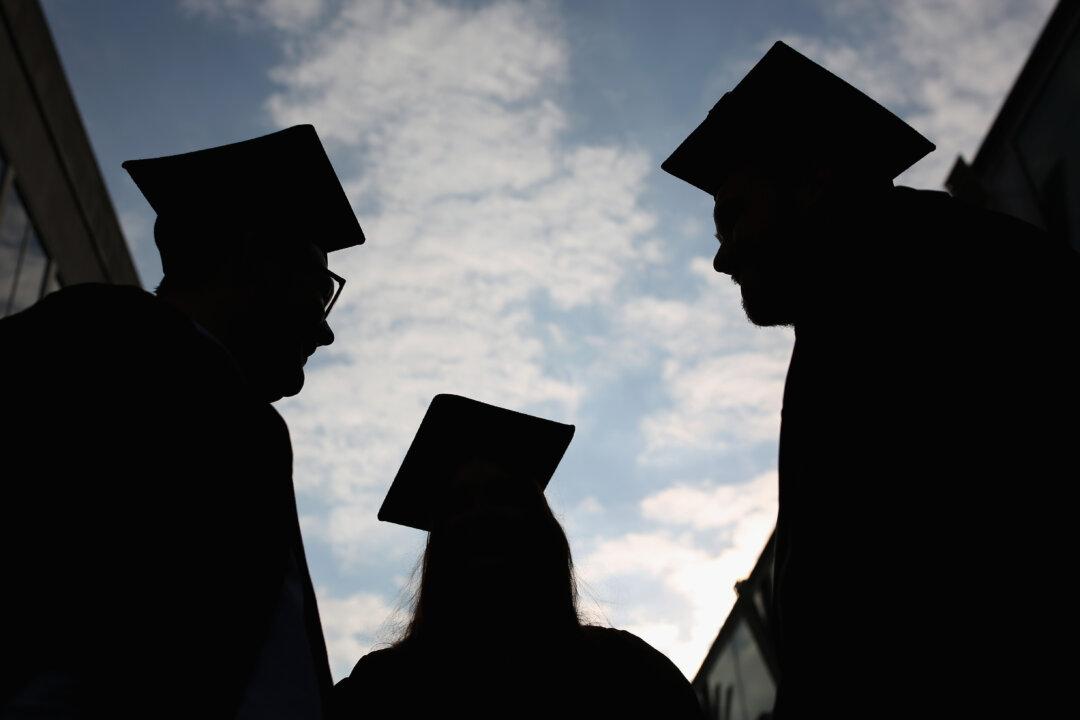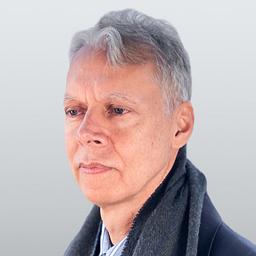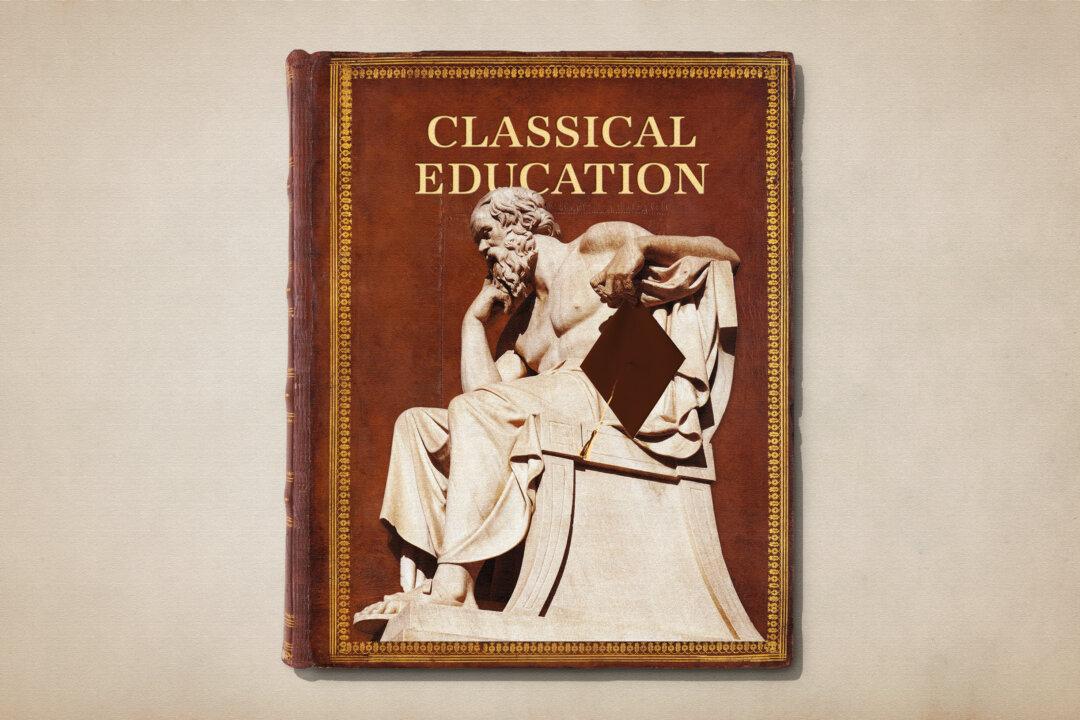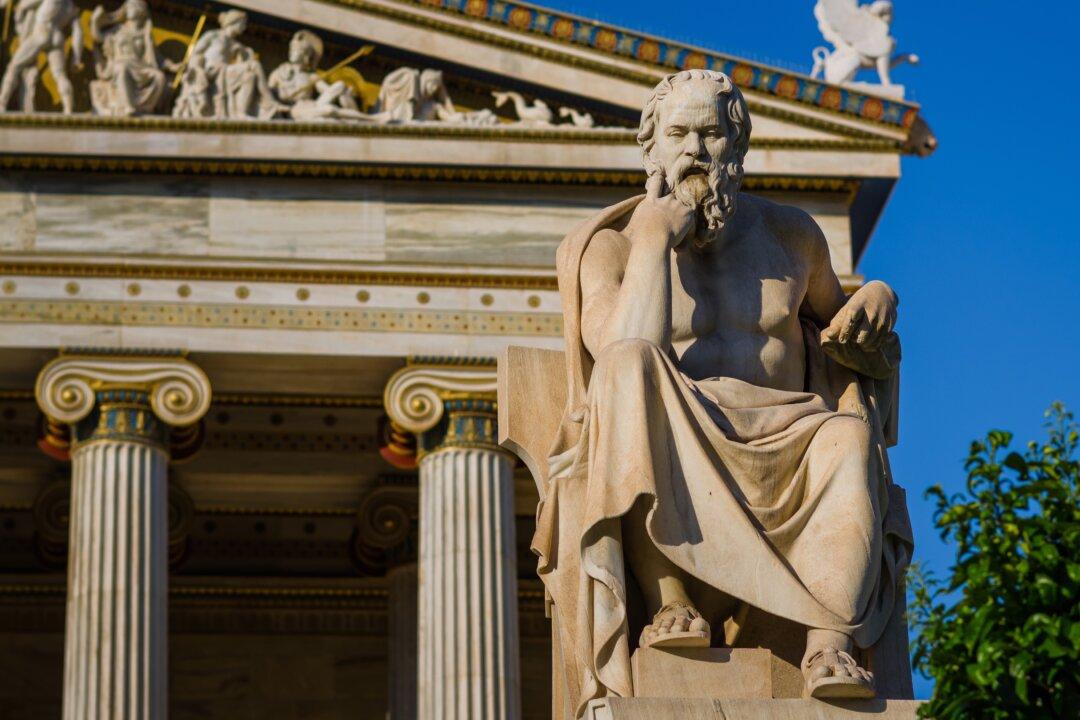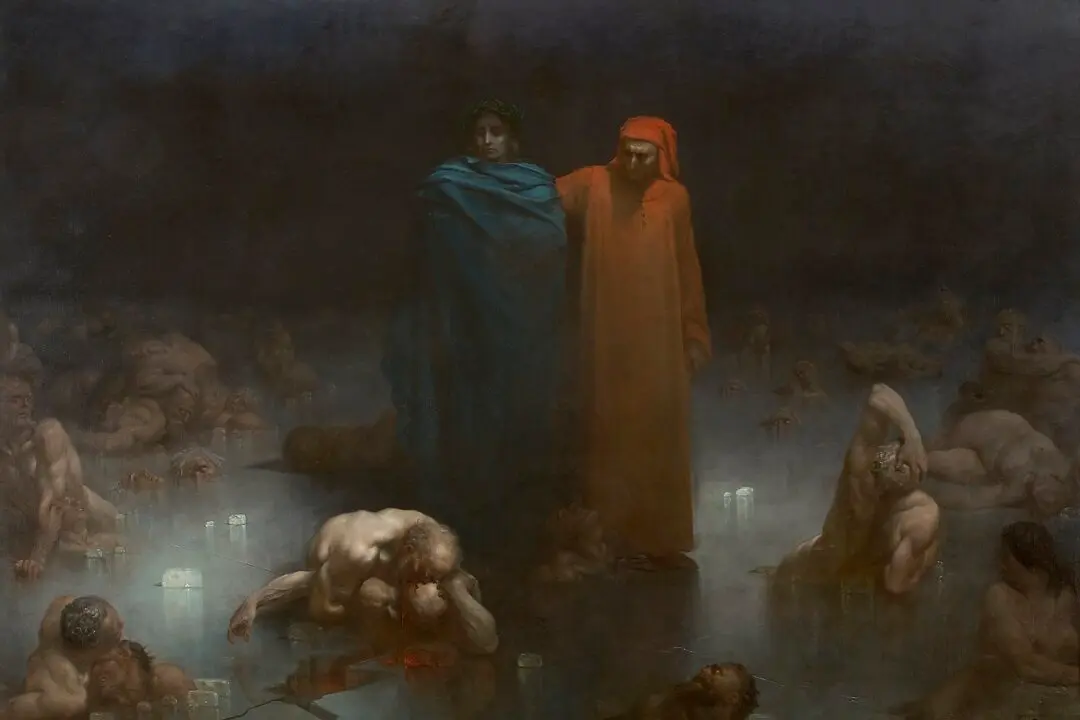Commentary
To get into the elite in America today—and for the past few decades—you need good grades, high test scores, a bachelor’s degree from a top institution, and often a graduate degree as well. The advent of the Information Age rewarded people with a talent for handling words and numbers, and school and college is where you learned those talents and proved you’d done so.The requirement has stuck, and it’s more binding than ever before.
